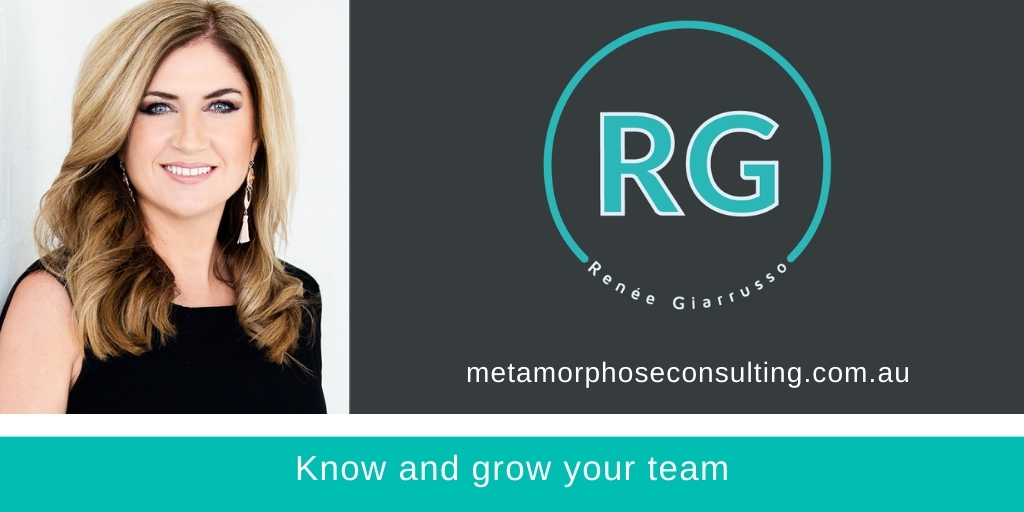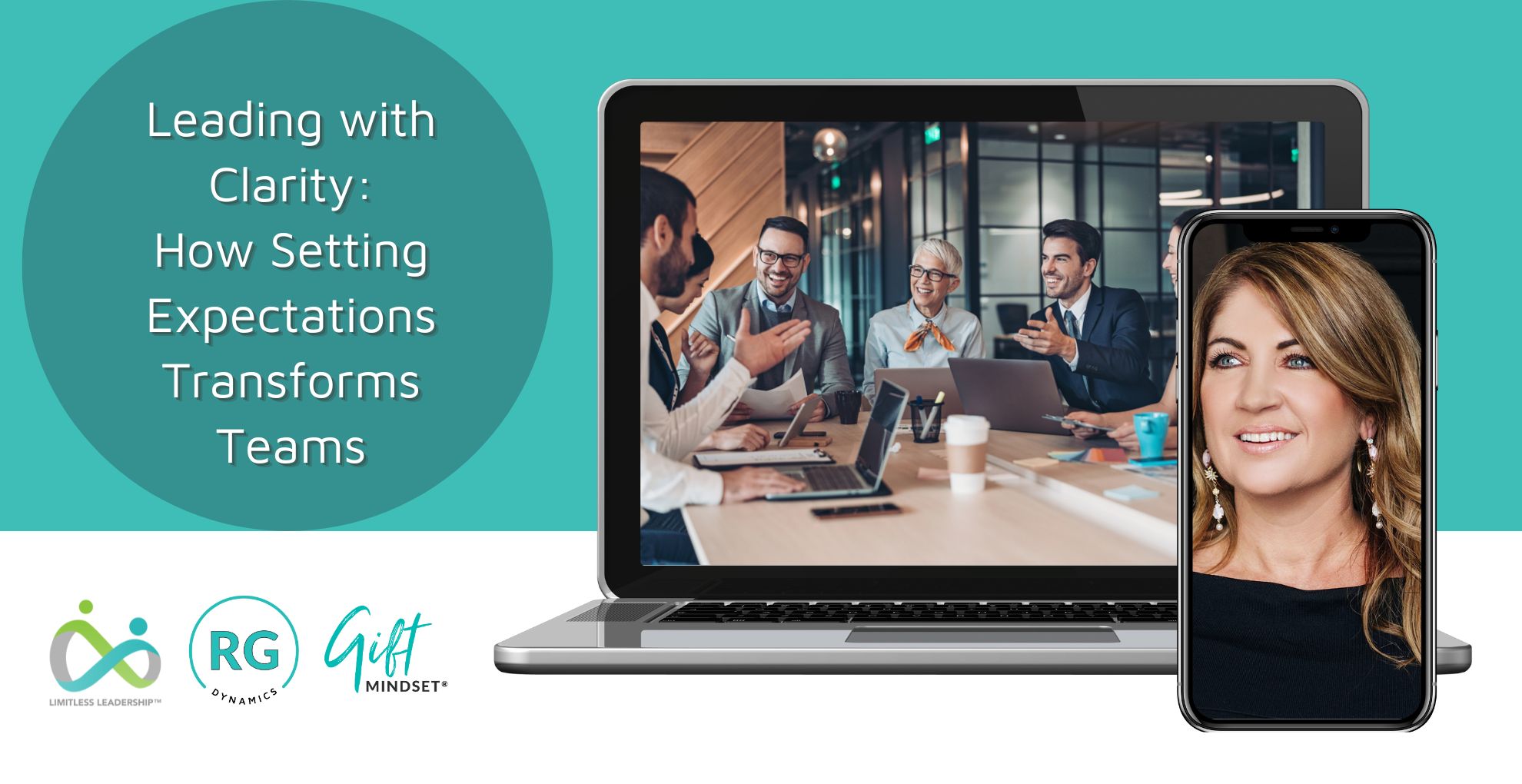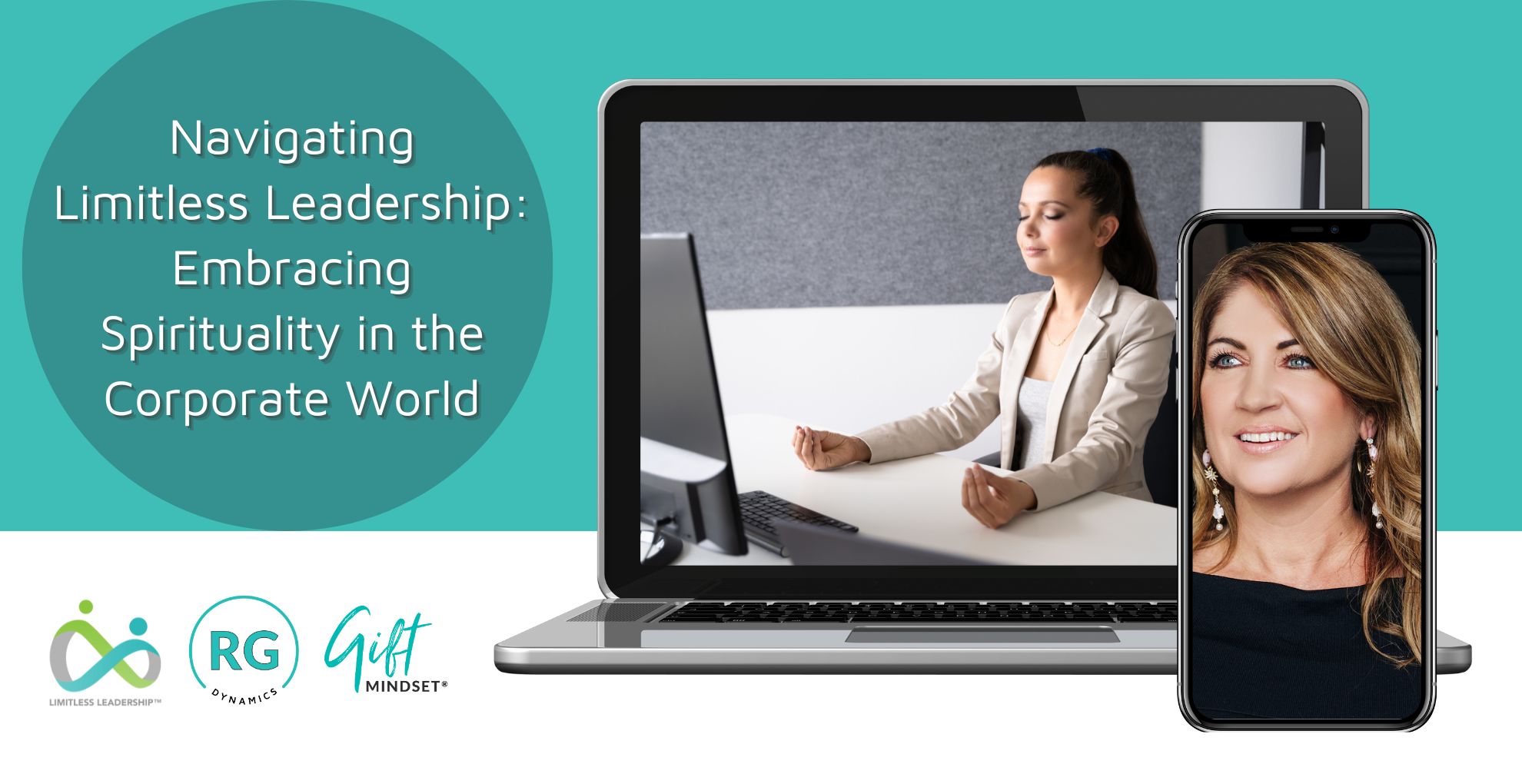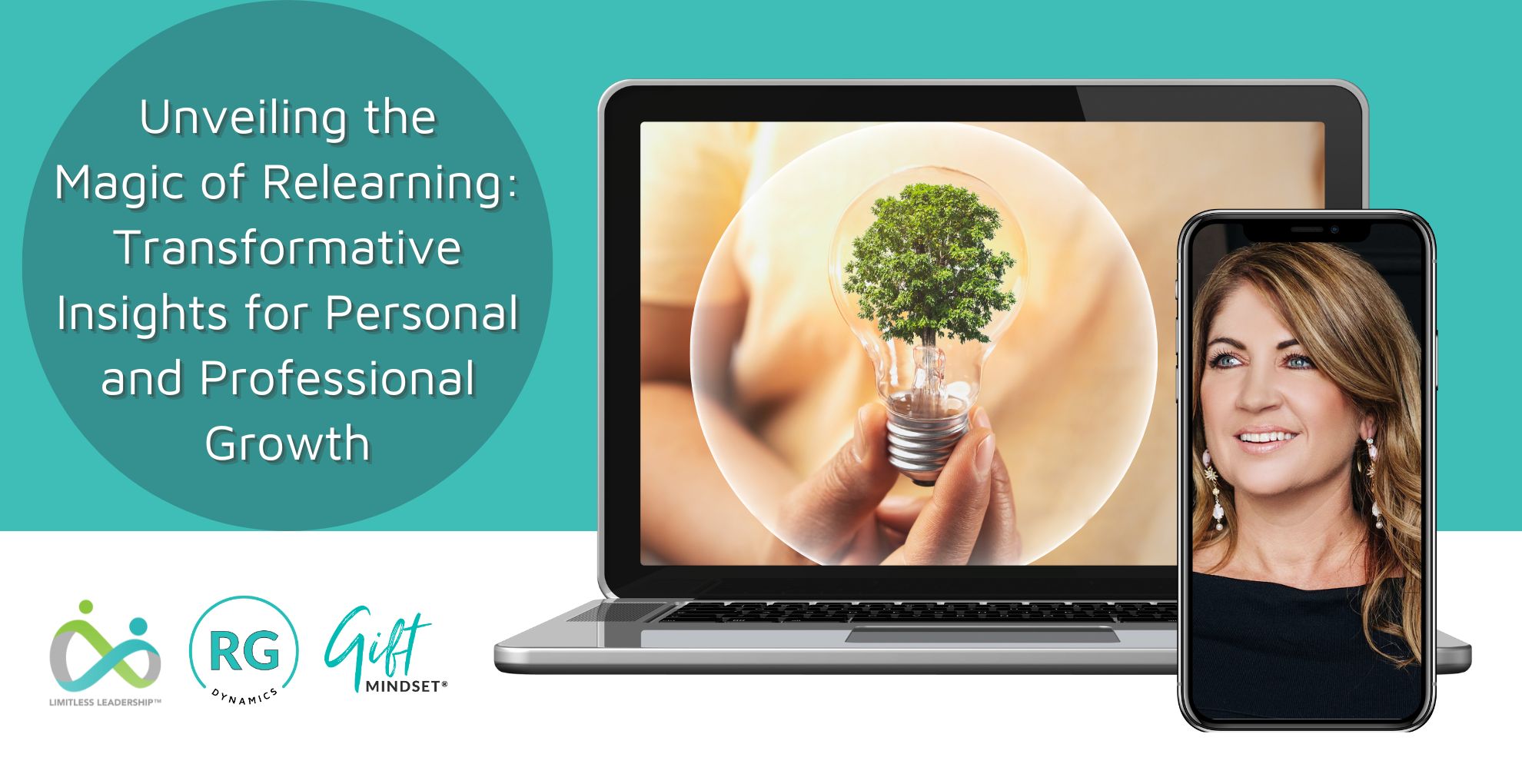“If your actions inspire others to dream more, learn more, do more and become more, you are a leader.” –John Quincy Adams
Receiving feedback to me has always been an indication that my manager, colleague’s or peers actually care about my development. Feedback shouldn't just be given at the start of the year and at the half way mark, would a football coach only check in at the start and midway through a season? Feedback needs to be a consistent, regular and a platform to catch people out doing things well so there are no surprises along the way. If there are this is on you, as a leader you need to drive this and encourage shared accountability when giving and receiving feedback.
Feedback can simply be a conversation, from experience I personally lean towards a questioning model when providing feedback. This not only empowers the recipient, but it is also a good gauge to check in on their self-awareness of what is working and would/could be changed or done differently, with your input added if needed.
There are many feedback models to work with but the focus of this blog is around when and how to provide it. Tap into how often and in what mode individuals like to receive feedback, don’t assume they all like it the way you do. Some people are internally referenced and know for themselves they are doing a good job, these people still need feedback but not as often as an individual who is externally referenced. A highly external person will come to you on a regular basis to let you know what they have completed and will be seeking feedback ongoing, from external sources such as you. Many senior leaders I work with are highly experienced, time poor and highly intuitive and are very often quite internal. Do not make the mistake of not giving feedback if you, yourself, don’t require it often.
Get to understand individuals in your team and find out how often they like to receive feedback and do they like to receive it in a public or private setting. Obviously, constructive feedback is provided privately but when celebrating a win or sharing best practice, yes we need to do that, in what setting and how often should we provide it?
Based on my model I believe people can fall into the following:
- Submerged: These people don’t like receiving feedback publicly and don’t like receiving feedback often. They may be brilliant at their jobs but don’t rely on feedback to get the job done and stay motivated. These people can be quite internal and know for themselves how they are going. Encourage feedback here and make it a good experience. Regular coaching conversations can assist in this shift and build regularity and openness to feedback.
- Emerged: These people like receiving feedback externally from themselves, on a regular basis but not in a public forum. They may prefer a pat on the back or a call from you, opposed to an email congratulating them with the entire team copied in. Ensure you don’t miss these feedback opportunities, especially if you don’t spend a lot of 1:1 Time with these individuals or they are working remotely.
- Exposed: Satisfy the trumpet in your team! This person relishes feedback given regularly and in a public forum. To motivate this persons feedback level be consistent, timely and ensure feedback is recognised, where relevant, in front of peers and in the right mode. Utilise this feedback as a way of sharing best practice with the team. Encourage peer feedback and coaching to assist in satisfying this person.
- Occasionally exposed: Feedback out loud but not often. If you asked this person how they would like feedback they would say “I like to receive feedback as part of the team but don’t need it often”. These people accept feedback publicly but don’t need it as often as some. Your challenge here is to ensure feedback is regular and consistent instead of an event.
You have heard the saying “There is no such thing as failure, only feedback” and I believe it is crucial to make feedback a priority to grow and develop your team and organisation. Simply ask the question and tap into each individuals preference of feedback and make it part of “the way” things are done in your team with everyone understanding the pay off for them and their progress!
Renée Giarrusso
“The Top Fifteen Percent Leader”
A dynamic interactive leadership program, run as an openly facilitated program 3 hours a month over the year!
Contact us for our FREE whitepaper and program details
MELBOURNE EVENT
4Ward Thinking Event-April 13th Melbourne
Join me and 3 other Thought Leaders where we will take cutting edge ideas and demonstrate how to put them into action to propel you and your organisation into the future.
Renée Giarrusso is an accomplished facilitator, speaker, trainer and coach who works with high performing leaders and their teams across a myriad of industries and organisations.
She passionately helps leaders fulfil their full potential resulting in increased motivation and performance. Her expertise in growing and developing capability and behavioural change around leadership, communication, transition, presenting and sales effectiveness leave her clients inspired, re-energised and with improved results.
Contact us today to learn about how we can work with you.




